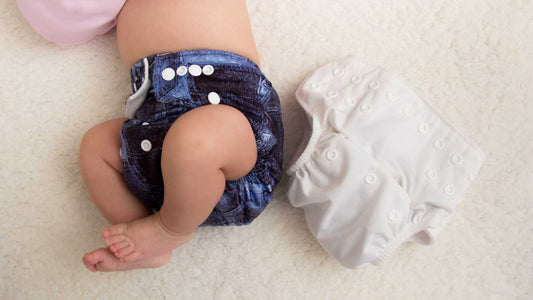
Learn why your skin can change during pregnancy and what you can do to relieve symptoms. A comprehensive guide from experts.
introduction
During pregnancy, a woman's body changes in many ways. Many women notice changes in their skin during thisThis can range from minor discoloration to rashes or acne. It's important to understand why this happens and what you can do about it.
Hormonal changes
One of the main causes of changes in skin appearance during pregnancy is hormonal changes in the body. The hormone progesterone, in particular, has a major impact on the skin. It increases oil production in the skin, which can lead to an increased susceptibility to acne and blemishes.
Changes in pigment
Another common symptom during pregnancy is changes in pigment. Many women notice darker patches on their face or arms, known as "pregnancy spots." This is due to the increase in melanin in the skin to protect the body from harmful UV rays.
Changes in collagen
Another change that can affect the appearance of the skin is a change in collagen. During pregnancy, collagen in the skin can decrease, which can lead to a reduction in elasticity and firmness. This can cause the skin to become drier and more wrinkled.
What can you do to alleviate the changes in your skin?

Fortunately, there are some steps you can take to ease the changes in your skin during pregnancy.
A healthy skincare routine
One of the best ways to alleviate changes in your skin's appearance during pregnancy is to follow a healthy skincare routine. This includes cleansing, moisturizing, and protecting yourself from harmful UV rays. Make sure you use gentle, non-irritating products.
Daily cleansing with a gentle cleanser can help remove excess oils and dirt from your skin without stripping it of moisture. Follow with a moisturizer to boost hydration and prevent dryness. It's especially important to use a sunblock with at least SPF 30 during pregnancy to protect your skin from harmful UV rays.
During pregnancy, skin care with natural oils such as z.BAlmond oil or jojoba oil may be helpful. These oils can help soothe and hydrate your skin while acting as a protective barrier. Be aware of possible allergic reactions and consult a dermatologist if necessary.




